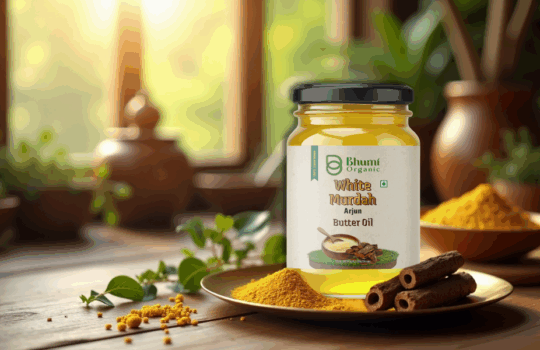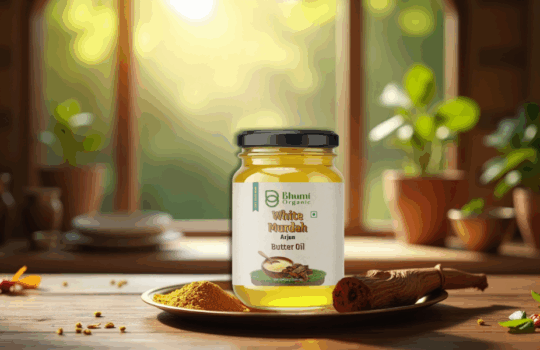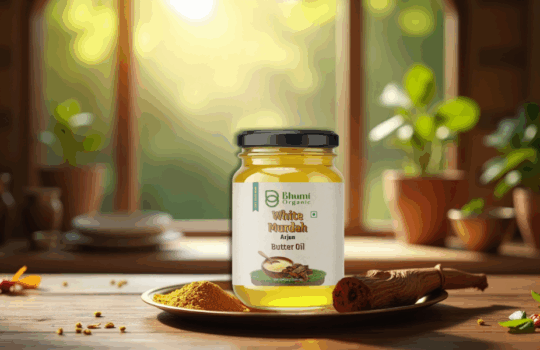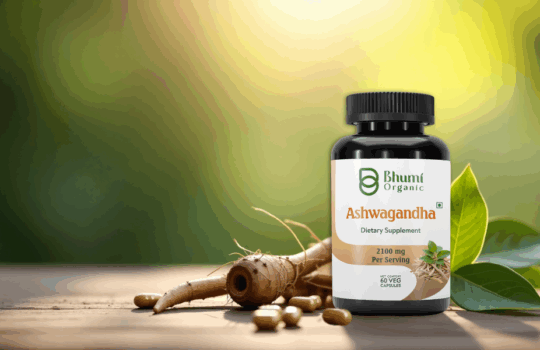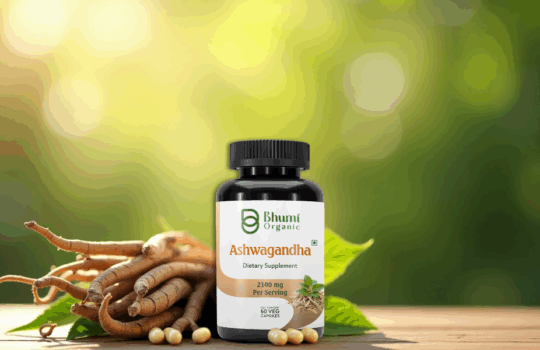Is it true that turmeric may improve your mood?
Yes, there is evidence to suggest that turmeric, specifically its active compound curcumin, may have mood-boosting properties. Curcumin is a natural anti-inflammatory and antioxidant agent found in turmeric, which is a spice commonly used in traditional medicine.
- Anti-Inflammatory Properties: Chronic inflammation has been linked to various mood disorders, including depression. Curcumin has anti-inflammatory effects, and some research suggests that it may help reduce inflammation in the body, potentially contributing to an improvement in mood.
- Antioxidant Effects: Oxidative stress can impact brain function and contribute to the development of mood disorders. Curcumin’s antioxidant properties may help combat oxidative stress and support overall brain health.
- Neurotransmitter Modulation: Curcumin may influence the levels of neurotransmitters such as serotonin and dopamine, which play crucial roles in regulating mood. Imbalances in these neurotransmitters are associated with conditions like depression, and curcumin may help maintain their proper functioning.
- Brain-Derived Neurotrophic Factor (BDNF) Stimulation: Curcumin has been shown to increase levels of BDNF, a growth factor that supports the growth and maintenance of neurons. Low levels of BDNF are linked to neurodegenerative disorders and mood disorders, and increasing BDNF levels may have a positive impact on mood and cognitive function.
It’s important to note that while there is promising research on the potential mood-boosting effects of turmeric and curcumin, more studies are needed to establish definitive conclusions. Additionally, the absorption of curcumin from turmeric can be limited, and taking it with black pepper (which contains piperine) can enhance absorption.

